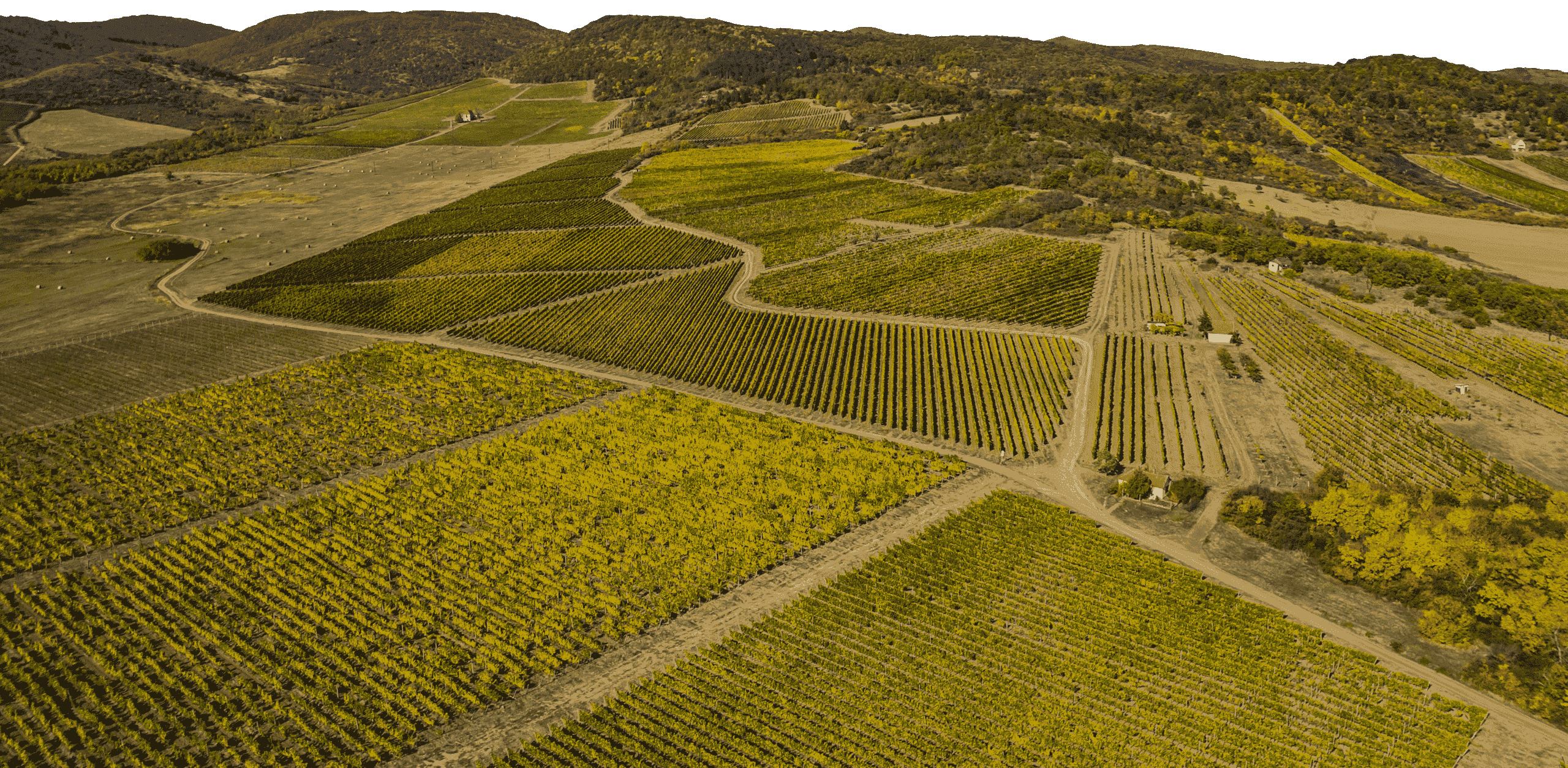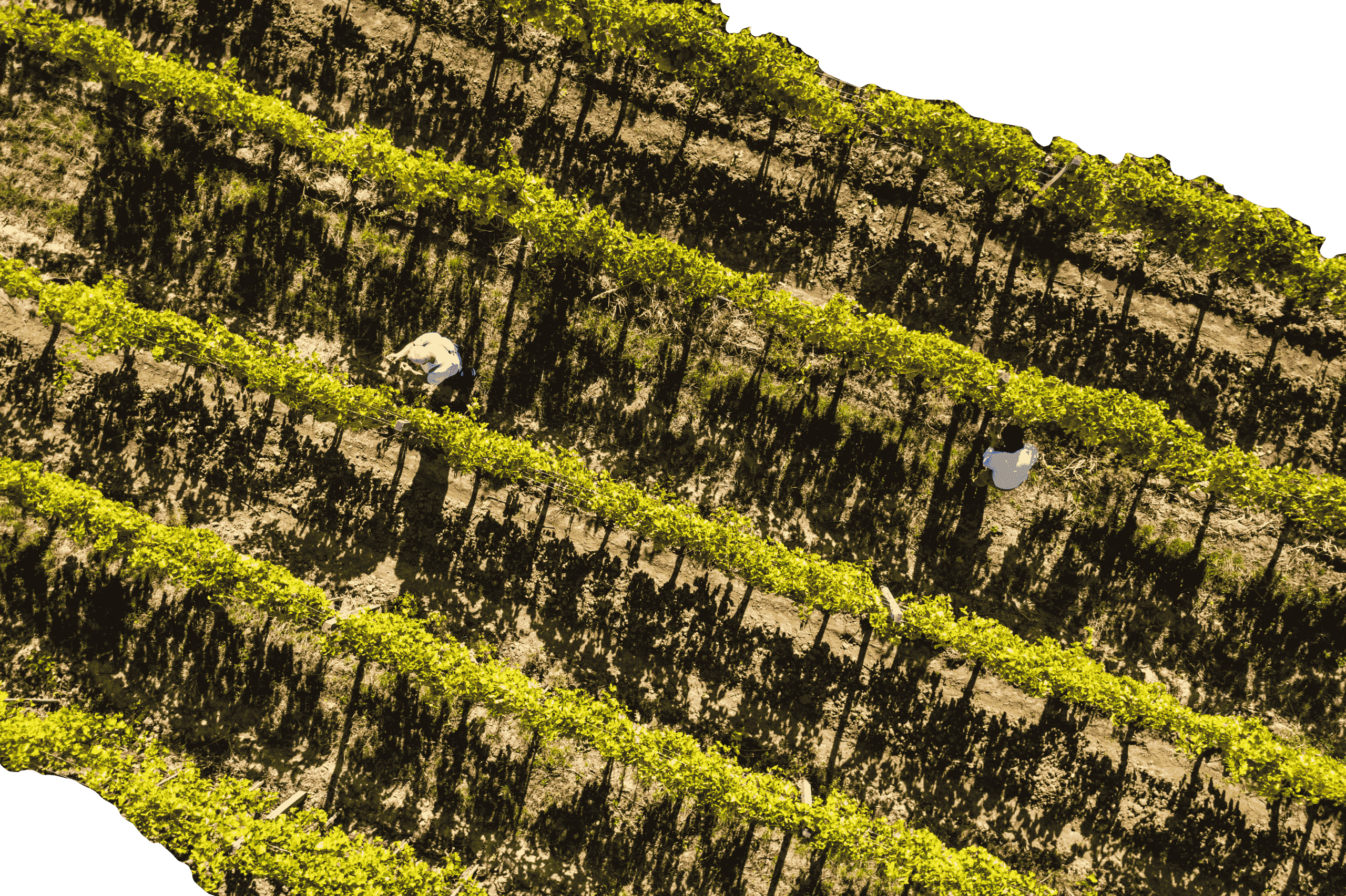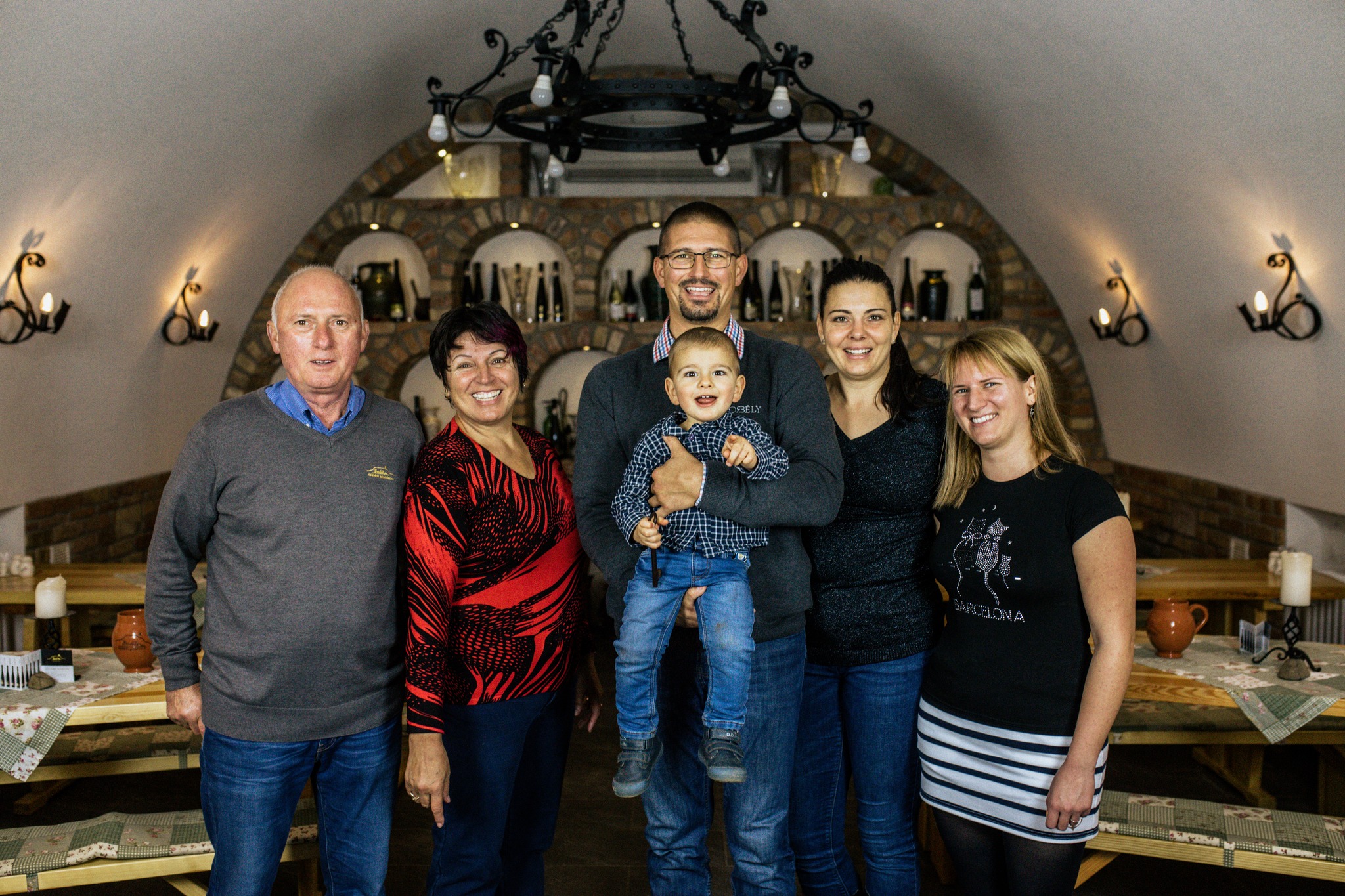GET TO KNOW! – Pajzos Tokaj

In our series of articles, you can read about the wineries that make up the Winehub community. Through guided questions, we hope you’ll learn not only about the wineries’ stories, but also their vision and plans!
- Tell us a little about yourselves. How long have you been making wine, where, with what characteristics, with what annual bottle volume.
This year marks 30 years since the establishment of the Pajzos Tokaj winery.
The French investment group CFGVT, led by Jean Louis LABORDE, bought our 107-hectare Pajzos vineyard in Bodrogolasi in 1992. In the same year, the French company GAN Biztosító won the privatisation tender following the change of regime and became the owner of our 109-hectare Megyer vineyard in Sárospatak. The two companies, named after the two vineyards, had shared management since their foundation, but until 2000 they operated completely separately. The wines produced from the Pajzos vineyard were called Pajzos Tokaj, while the wines from the Megyer vineyard were marketed as Megyer Tokaj. By the turn of the millennium, however, Mr Laborde had become the sole owner of both companies, and he brought a number of innovations to the winery, including the re-location of the Pajzos vineyard and a change in the marketing strategy. It was this turning point that led to an increase in the number of bottles produced and sold by the winery, which now produces 300,000 bottles of Pajzos wine a year.
Since then, we have been making our wines from the harvest of our two historic vineyards.
The Megyer vineyard, which has an extremely rich historical past, is located in the south and south-east of the village and has a soil of riolitic tufa, and currently covers 63 hectares. The cooler climate and mineral-rich soils of the area favour the production of dry wines with a high level of flavour, outstanding minerality and unrivalled complexity. The name of our winery comes from the 52 hectares of sunny, south-south-west facing Pajzos vineyard. The wines from the andesitic tufa soils are fresh and juicy, with a nice acidity and rich fruity aromas. The area is particularly suited to sweet wines, but our iconic estate wine, T-furmint, is also produced from this vineyard.
- What are your plans for the near future? Will there be any improvements? What are the biggest challenges now?
Our main short-term goal is to make the Pajzos Tokaj brand one of the strongest wine brands in the domestic market. Three quarters of our wines are sold abroad, so our branding has so far been mainly associated with foreign markets. But in recent years we have updated our marketing and brand strategy and set new goals. We are working to become known to a wide range of wine lovers and to become a trusted brand that they can choose, whether in restaurants or grocery stores.
To do this, we need to keep learning and improving. One of the pillars of this is that our 10-year plan includes a complete renewal of our winery. In the future, we plan to move our current headquarters in Sárospatak to the Pajzos vineyard, which gives us our brand name. The investment will not only involve the construction of a new building, but also the replacement of the winery’s technological equipment with state-of-the-art machinery.
The biggest challenge is climate change. We cannot control nature, we can only adapt to it. We are therefore trying to use new tools and methods to ensure that the quality of the grapes, which give our wines their distinctive terroir, will make Pajzos unique for many years to come.
- How do you see the situation in your wine region? What would you highlight – whether it’s a gift, a collaboration or something else?
The Tokaj wine region needs no introduction, the world’s first closed wine region, where we have been producing the world’s best naturally produced sweet wine for centuries. It is a gift. It is also a huge responsibility to carry on its reputation, in line with tradition and the new demands of modern wine culture. It is essential to work together, as this responsibility is shared by all the players in the wine region. Pajzos, with the quality of its wines in all market segments, is called upon to contribute to the maintenance and enhancement of the reputation of the wine region.
- Tell us a bit about the wine team. Who are the key players in the wine industry?
In addition to our permanent team of 19, 30-60 people tend our vineyards. Actually, I wouldn’t call us a team, but a family, where everyone works for the same goal. This doesn’t mean that we don’t have any disagreements (because everyone has a strong opinion), but that we work together, compromising and sticking together to make sure that as many wine enthusiasts as possible get a glass of Pajzos wine. It is not possible to single out any one player, because everyone is equally important. From the women working in the vineyards, to the logisticians, to the winemaker, everyone’s work is indispensable. It is thanks to the combined efforts of all the Pajzos employees that our quality wines, in beautiful packaging, can be found in almost every corner of the world.
- What does an average day look like?
We don’t have an average day, no two days are the same. There is perhaps only one thing that every day has in common, and that is the 11 o’clock meeting. Every day we have a small meeting where we discuss the most important issues concerning production and sales. This is to strengthen internal communication and ensure that everyone has access to all relevant information.
- Which is your favourite item and why?
You cannot pick a favourite item. We are all involved in the final selection of our wines and each of us has different tastes, so it is natural that everyone’s favourite will be different. Of course, it’s not just a matter of taste that determines who likes what, but also a number of other factors. Our favourite wine is different for a casual evening or an occasion, for lunch or dinner, for winter or summer… the list is long, but each of our wines is the result of a collective creation, with each batch becoming a little bit of our favourite.
- What is the biggest success you are most proud of?
We can be proud of a variety of successes. Notably, we were the first two of our wines to receive 100 points from Neal Martin, one of the world’s leading wine critics. Over the past 30 years, we have won numerous international gold, platinum and gold medals. These are acknowledgements that we are heading in the right direction. But it is also a great success that after 30 years we have successfully renewed our brand image, which has been welcomed by our partners and consumers. It is also a success that Pajzos has a permanent team, where everyone can work in the best position for their skills and qualifications.
- Which razor and which award did it win last time?
We received the results of three wine competitions almost simultaneously. Our 2016 vintage 6-puttonyos Legend Aszú, our 2016 vintage 5-puttonyos Tradition Aszú and our 2017 vintage 5-puttonyos Legend Aszú also won a big gold medal at the 2022 National Wine Competition, while our 2021 vintage T-Furmint and our 2019 vintage Furmint Selection won gold medals. At the same time, the Winelovers Wine Awards results came in, with our 2016 vintage 6-puttonyos Legend Aszú winning the gold medal with 91 points. This wine also won the gold medal at the local wine competition in Sárospatak, where our 5-puttonyos Legend Aszún of 2017 was also awarded a big gold medal.
- Where do you see yourselves in 3 years?
In three years’ time, the name Pajzos Tokaj will be associated not only by wine lovers abroad but also by wine lovers at home with a well-known, reliable, quality, well-loved and strong wine brand.
- What do you think Winehub can offer you? What was the most important reason for you to join?
This is a new form of wholesale activity where you operate under a single commission system. It brings the winery closer to its “final” retailers (retail chain, wine shop or restaurant) because it receives the same price as if the winery were buying directly. The winery also has a better overview of where and what is sold and can better manage its commercial activities, providing support to those who sell their wines to the final consumer, better than in the case of classic wholesale. In any case, we have never ruled out the possibility of outsourcing activities for which we do not necessarily have the human resources, competence and experience in the winery. We felt that we could entrust this part of the trade to Winehub’s professionals.

Share it with others!
Related products
No product found

